Often called dock line, dock rope is essential to the proper outfit of any boat. In addition to tying the boat to the dock, dock rope is also good for knot tying, splicing, tying to an anchor to prevent drift and tying protective fenders to a boat when moored. Read More…
Since our beginning in 1967, we have had experience designing, manufacturing and distributing the highest quality braided ropes and cords. Braided ropes and cordage are produced in all common fibers.

At Yale Cordage, we take pride in engineering and manufacturing advanced rope solutions that push the limits of performance, safety, and innovation. Our focus has always been on creating synthetic ropes that outperform traditional fiber and wire rope, offering exceptional strength, flexibility, and longevity across a wide range of demanding applications.
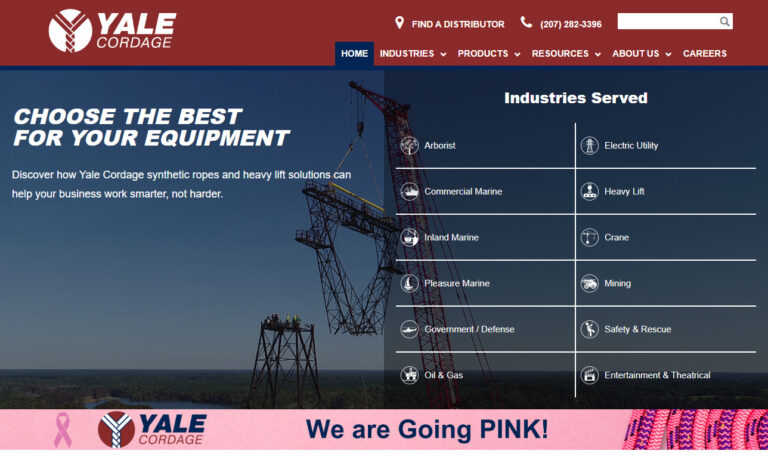
Samson Rope Technologies can supply you with braided rope, nylon rope, sash cord, and rope & cordage for general use. Not only do we provide specific solutions to our customers, but we also follow up with instructions for the use and care of our products.

At Erin Rope Corporation, we take pride in our long-standing expertise in designing and manufacturing high-performance rope solutions that meet the demands of industries across the globe. We specialize in the engineering and production of ropes built to perform under pressure, offering durable, reliable, and precise products that serve a wide range of applications from construction and marine to...

At Cancord Ropes, we take pride in designing and manufacturing high-performance ropes that meet the demanding requirements of modern industries. Our expertise lies in crafting synthetic and blended fiber ropes that deliver exceptional strength, durability, and flexibility for a wide range of applications.

More Dock Rope Suppliers
When choosing dock rope, there are many variables to consider, such as braiding, width, length and chafe protection. A well-outfitted boat will have at least six dock ropes. Their length will depend upon how and where an owner docks his or her vessel. Dock rope is either made of natural or synthetic fibers. These fibers are twisted, plaited or braided into yarns and grouped together to form strands, which are then twisted, plaited or braided together to form rope.
Natural dock rope is made of the organic product of plant fiber. The most common materials used for this purpose are manila, sisal, hemp and cotton. Manila, the strongest, most expensive and most widely used of these materials, is made from the fibers of the abaca plant. Natural dock rope is strong, though not as strong as synthetic rope, resistant to UV ray damage and abrasive surfaces. However, it does not hold up well against the threat of rot, mildew and deterioration, and it has comparably poor chemical resistance. For these reasons, synthetic rope is more commonly used for dock rope.
Synthetic dock rope is constructed using man-made materials. The main types of rope used aboard boats are nylon, dacron, polyethylene and polypropylene. Out of these four, nylon is the most widely used, valued for its superior strength, elasticity, resistance to weather and relative affordability. Polypropylene is well-known, recognized as the bright yellow cord commonly used to tow skiers, tubers and boarders. It is not as popular for docking, however, as it is has a short lifespan and degrades easily in the sun. The general advantages of synthetic rope are: strength, moisture related deterioration resistance, UV ray and weathering damage resistance and elasticity. Its disadvantages include susceptibility to chafing and a slickness that make it difficult to knot.






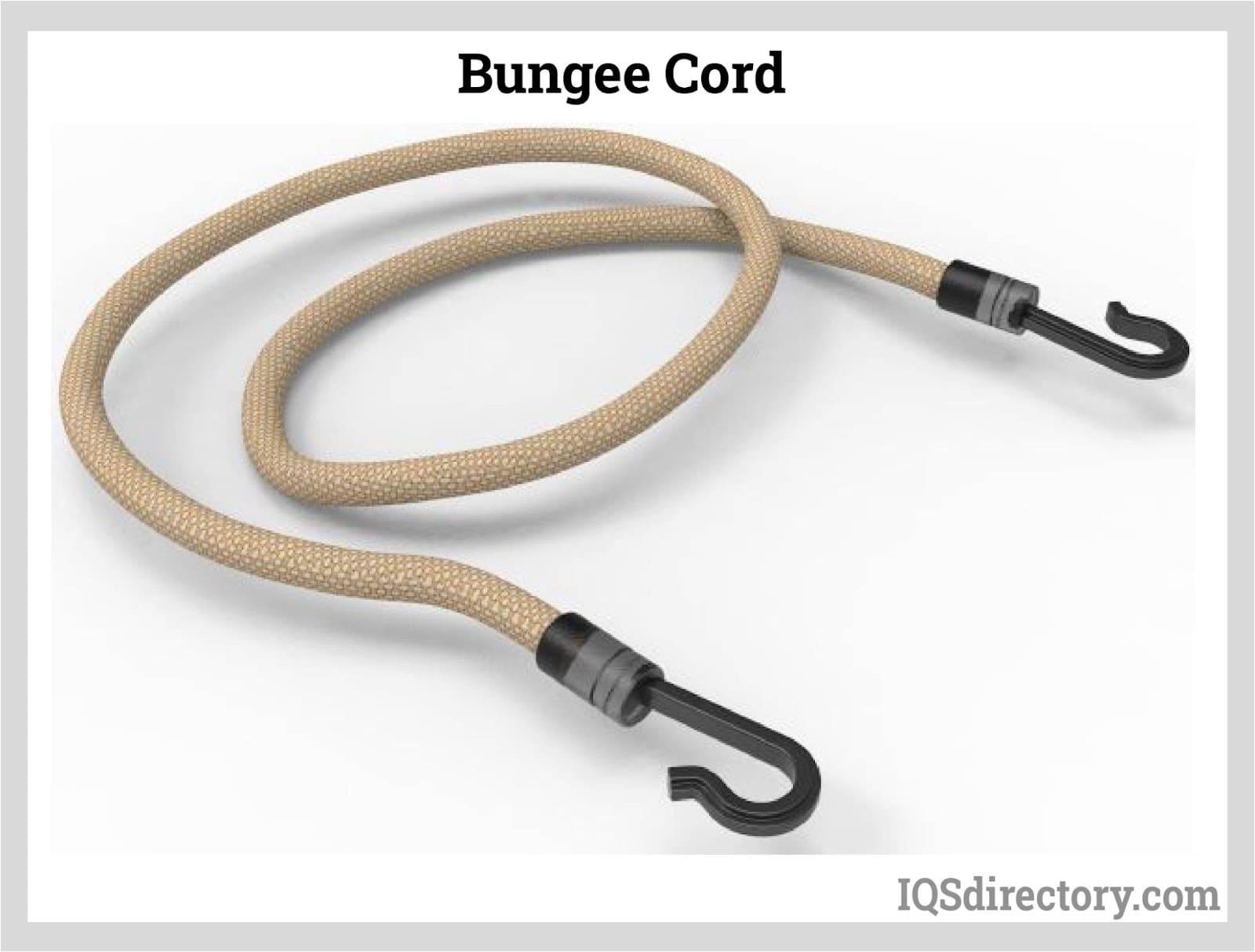
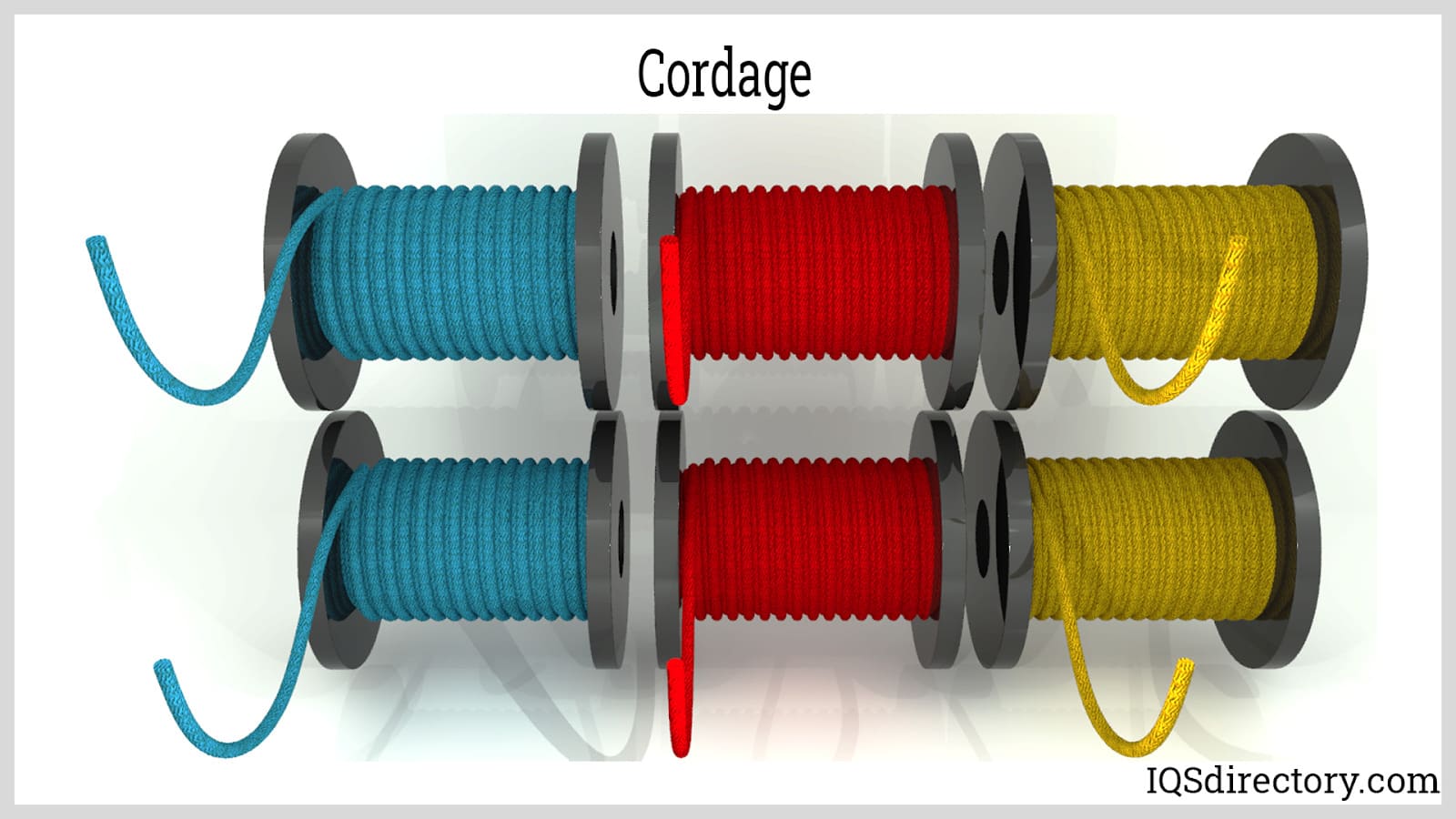
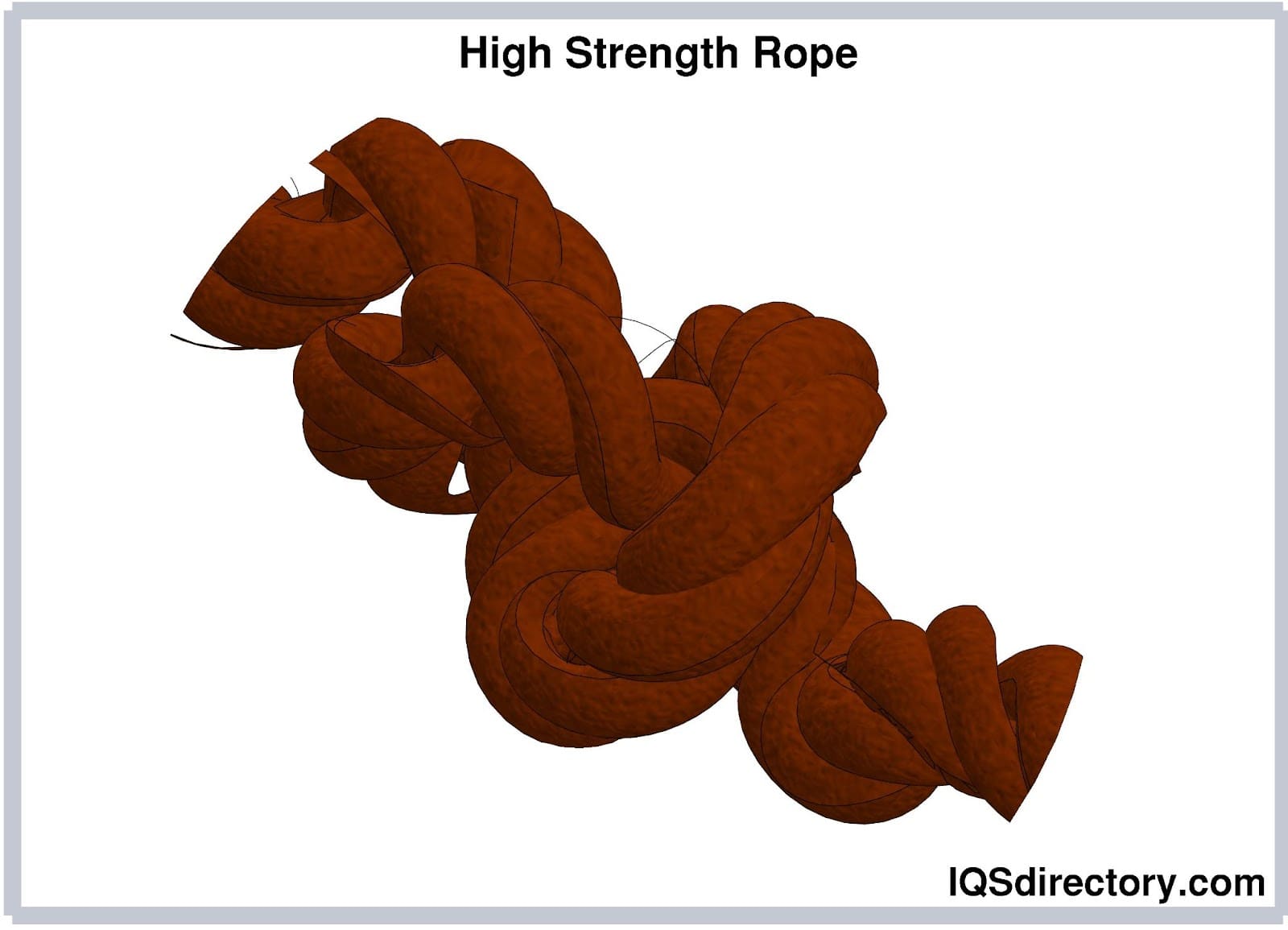
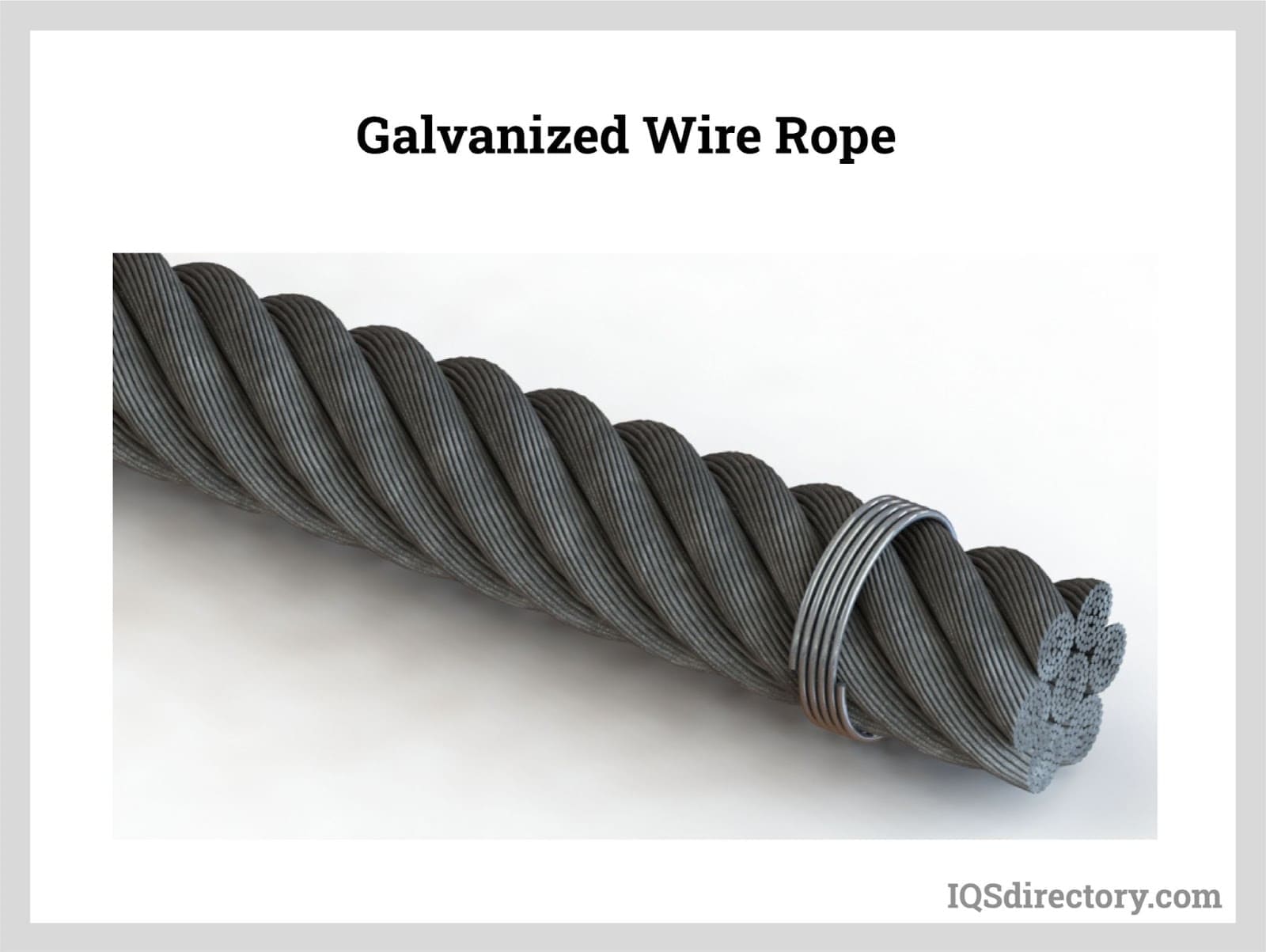
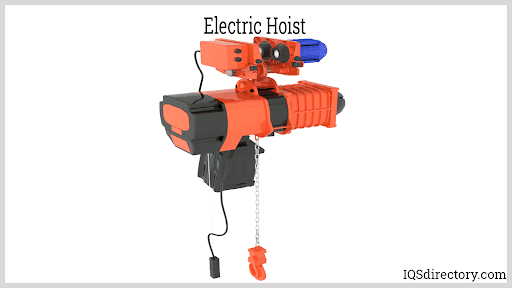
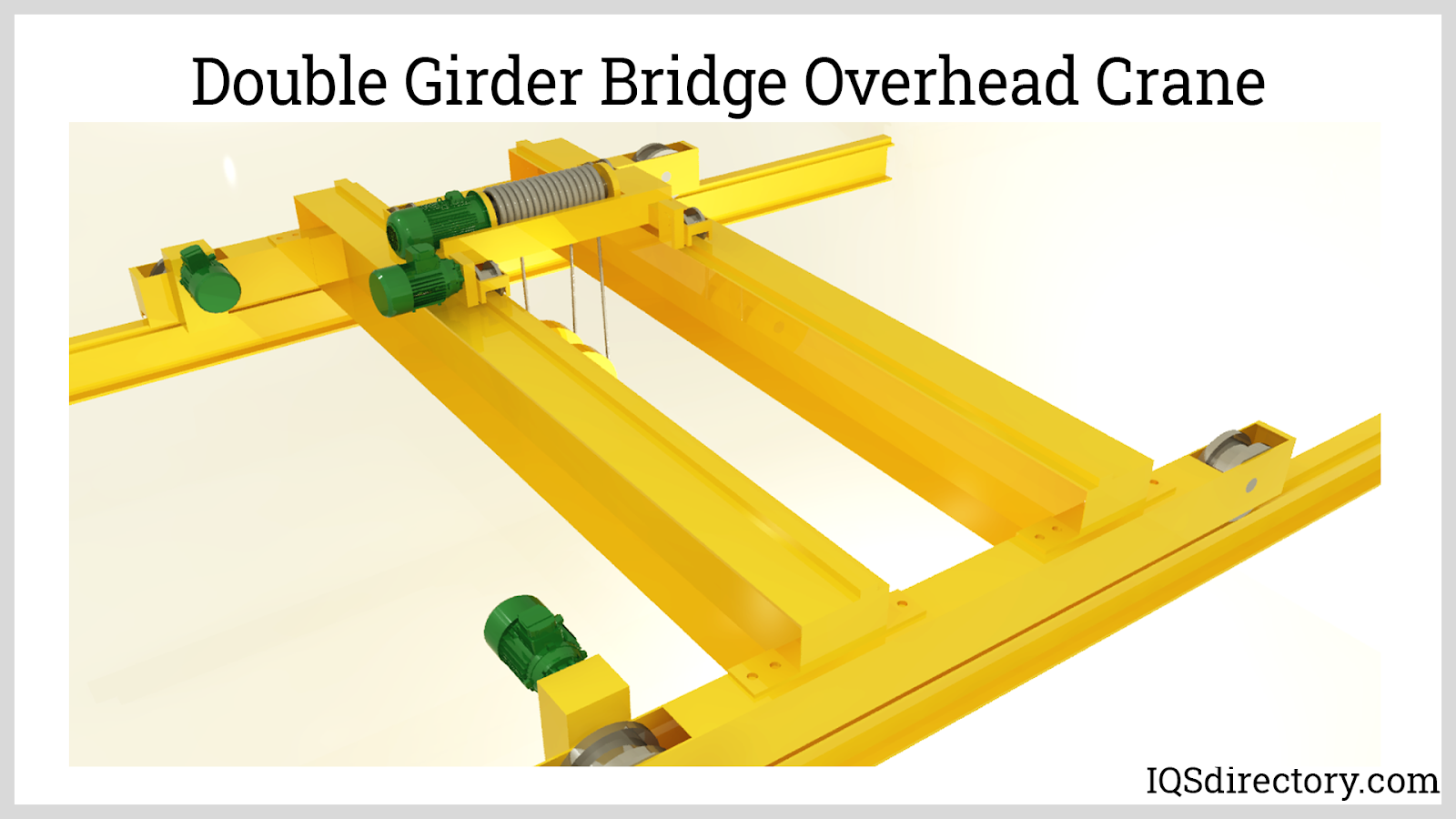
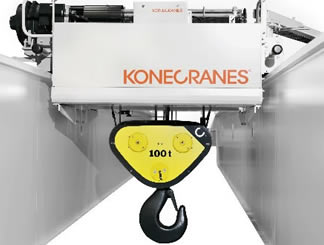 Cranes
Cranes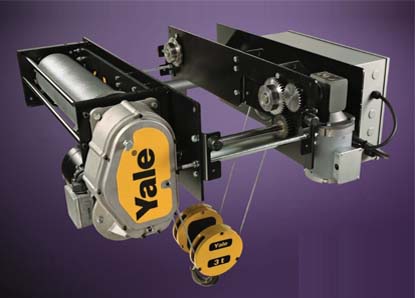 Electric Hoists
Electric Hoists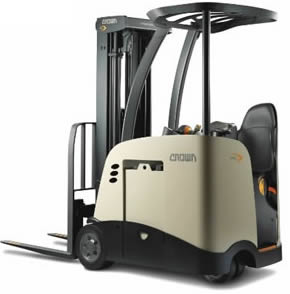 Forklifts
Forklifts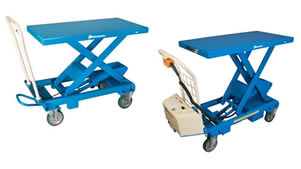 Hydraulic Lifts
Hydraulic Lifts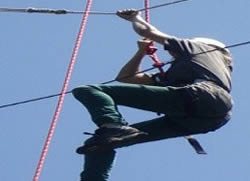 Rope
Rope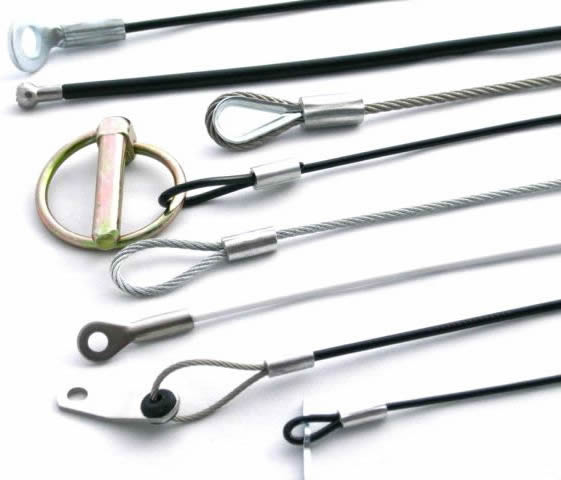 Wire Rope
Wire Rope Castings & Forgings
Castings & Forgings Bulk Material Handling
Bulk Material Handling Electrical & Electronic Components
Electrical & Electronic Components Flow Instrumentation
Flow Instrumentation Hardware
Hardware Material Handling Equipment
Material Handling Equipment Metal Cutting Services
Metal Cutting Services Metal Forming Services
Metal Forming Services Metal Suppliers
Metal Suppliers Motion Control Products
Motion Control Products Plant & Facility Equipment
Plant & Facility Equipment Plant & Facility Supplies
Plant & Facility Supplies Plastic Molding Processes
Plastic Molding Processes Pumps & Valves
Pumps & Valves Recycling Equipment
Recycling Equipment Rubber Products & Services
Rubber Products & Services